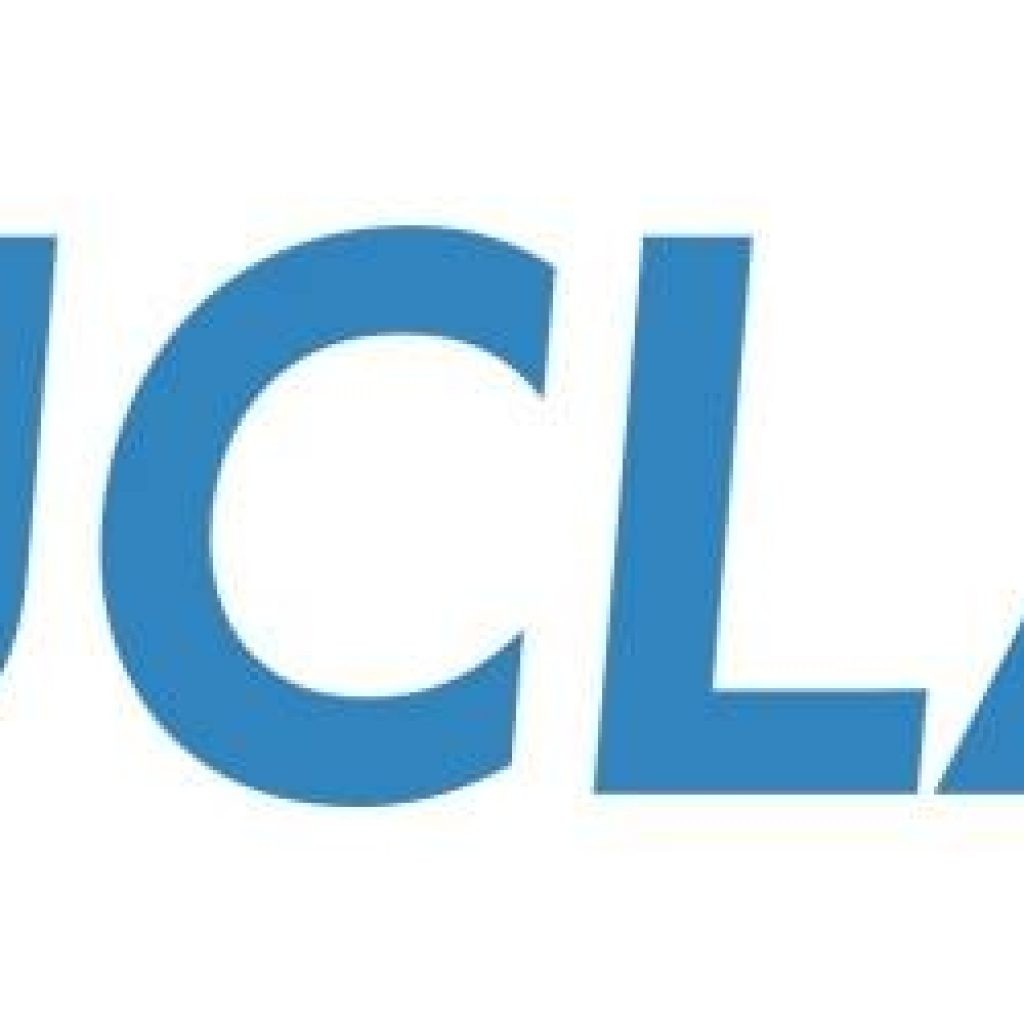(TechExplore) Two UCLA computer scientists have shown that existing compilers, which tell quantum computers how to use their circuits to execute quantum programs, inhibit the computers’ ability to achieve optimal performance. Specifically, their research has revealed that improving quantum compilation design could help achieve computation speeds up to 45 times faster than currently demonstrated.
“Quantum processors in existence today are extremely limited by environmental interference, which puts severe restrictions on the length of computations that can be performed,” said Mark Gyure, executive director of the UCLA Center for Quantum Science and Engineering, who was not involved in this study. “That’s why the recent research results from Professor Cong’s group are so important because they have shown that most implementations of quantum circuits to date are likely extremely inefficient and more optimally compiled circuits could enable much longer algorithms to be executed.
The computer scientists created a family of benchmark quantum circuits with known optimal depths or sizes. In computer design, the smaller the circuit depth, the faster a computation can be completed. Smaller circuits also imply more computation can be packed into the existing quantum computer. Quantum computer designers could use these benchmarks to improve design tools that could then find the best circuit design.
Jason Cong, a Distinguished Chancellor’s Professor of Computer Science at UCLA Samueli School of Engineering. “Now that we have revealed the large optimality gap, we are on the way to develop better quantum compilation tools, and we hope the entire quantum research community will as well.”
UCLA Computer Scientists Set Benchmarks to Optimize Quantum Computer Performance
